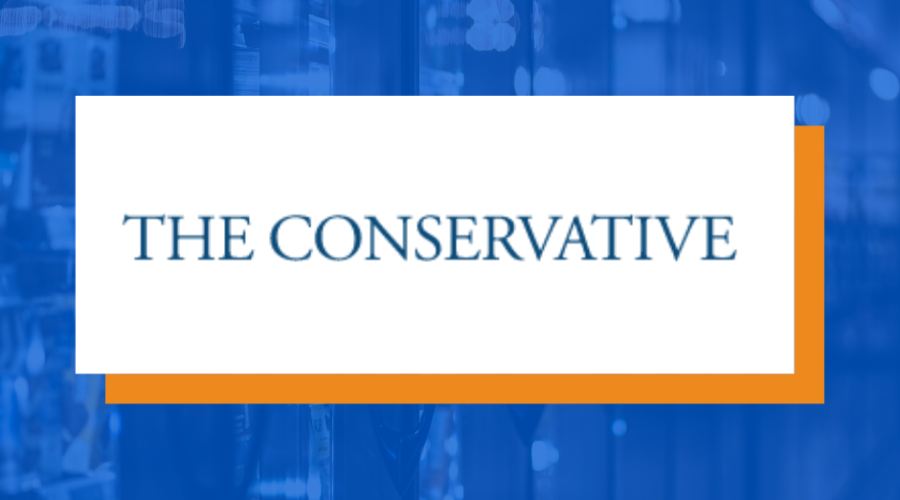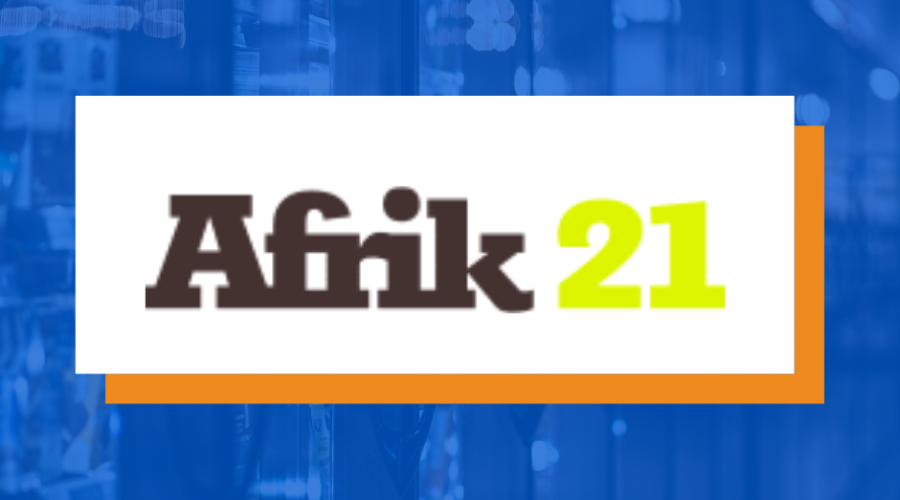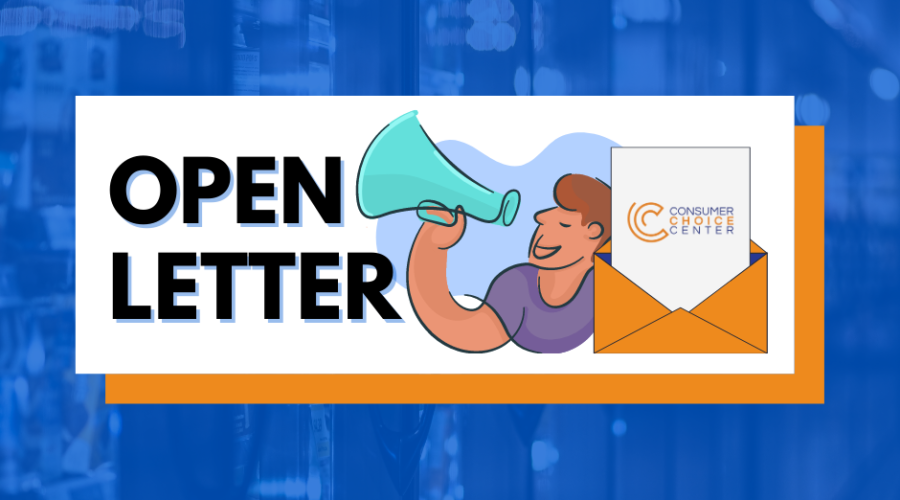Philadelphia should reverse its plastic bag ban
Philadelphia’s pending ban on disposable plastic bags won’t just annoy consumers — it will actually hurt the environment. Alternatives to plastics have a much bigger eco-footprint.
The city of Philadelphia has officially paused its plastic bag ban, which will now be phased in over the next year and enforced by city officials in April of 2022. While consumer advocates appreciate the delay, the prospect of a bag ban is misguided — and will ultimately do more harm than good, including for the environment.
Why is that the case? Well, it’s largely because alternatives to single-use plastic bags come with serious negative environmental externalities. That might sound far-fetched to some, but that was the conclusion of Denmark’s Environment Ministry when it evaluated plastic bags versus reusables.
Danish government researchers using 15 environmental benchmarks (including climate change, toxicity, ozone depletion, resource depletion and ecosystem impact) concluded that single-use plastic bags are often superior when compared to paper or cotton alternatives. So much so that paper bags, a common plastic replacement, needed to be reused 43 times to have the same total impact as a plastic bag.
When it came to cotton alternatives, the numbers were even higher. A conventional cotton bag alternative needed to be used over seven thousand times to outpace a plastic bag in ecological effects, and an organic cotton bag had to be reused over twenty thousand times. Consumer usage patterns of those alternatives clearly show that they never get reused at the rate required for them to be environmentally advantageous, which means that in an effort to protect the environment, city officials are in fact passing a ban that will do more damage. The ban ends up being more environmental symbolism than environmental protection.
And the Danes aren’t alone in their conclusions: The British government’s impact assessment on this very question drew the same conclusion.
Consumer usage patterns of those alternatives clearly show that they never get reused at the rate required for them to be environmentally advantageous.
Not only is the bag ban bad for the environment, it is bad policy for local retailers and their consumers. The pandemic has had an absolutely devastating impact on the food service sector, and the ban will ultimately make that impact worse by further inflating costs as retailers are forced to switch to higher-cost alternatives. After all, the reason plastic is so ubiquitous is that it’s easy to use, cheap and preferred by both consumers and retailers. When the full force of the ban takes effect in 2022, the inflated costs will be shouldered by consumers through higher prices.
Beyond the impact on the environment and the economy, the ban completely ignores viable methods to reclaim plastic waste to ensure it doesn’t end up as pollution or in landfills. As part of the city’s justification for banning plastics, it claimed that it takes ten thousand hours to sort the plastic bags out of waste piles, because the bags are not recyclable. That claim sidesteps the fact that once these bags are actually reclaimed, they can be repurposed through a process called chemical depolymerization, which for the layman, is the process of chemical recycling, where plastic is broken down into its original building blocks and repurposed into new products.
Through recovery and chemical depolymerization, we can turn every piece of discarded plastic back into the same molecules it started from — and these transformations aren’t hypothetical. Across North America there are countless examples of plastics being repurposed into resin pellets, which extends the life of these plastics exponentially, and potentially, indefinitely. For single-use bags specifically, there are innovative projects underway where scientists take these items, alter their chemical bonds and bind them with bitumen to be used to pave roads. The end result is lighter asphalt made with recycled plastic that won’t leach into the soil or waterways. Giving plastic waste a second life in this way creates jobs and fosters innovation — the true solution to so many of our environmental ills. Just as importantly, it ensures that plastics remain in the economy rather than ending up in the environment.
Simply put, plastic usage can be something we deal with and even benefit from, without having to resort to heavy-handed bans. Leaning on innovators to better deal with plastic waste is a solution that avoids high-impact alternatives, maximizes consumer choice, manages waste properly and actually benefits the environment.
David Clement is the North American Affairs Manager at the Consumer Choice Center.
Originally published here.






